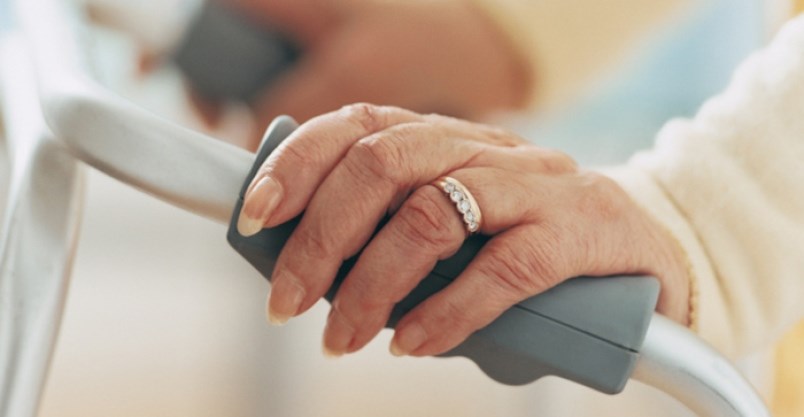Thanks to the BC Care Providers Association (BCCPA), we now know that elder care in this province is substandard and there are things that could be done to make a difference in people's lives.
What it would take, besides money, is an elder-first view rather than simply adherence to schedules and budgets.
The organization is requesting an annual investment of $337 million over the next five years to increase care hours, improve training, replace old infrastructure and overhaul the current system, with matching funds from the federal government.
BCCPA points out that the Scrooge-like allowance of home care in 15-minute blocks and less than 3.36 hours per person of direct care in most seniors' homes is inadequate.
We say it's pathetic.
We understand that there are only so many dollars to go around. We get that priorities have to be set and budgets adhered to. But the current elder care system seems to offer nothing but the bare minimum, with volunteer programs, stressed-out family members and paid private care expected to pick up the slack.
What's innovative about the BCCPA approach is it doesn't just talk about dollars. Many of the recommendations in the #CareCanBeThere "Strengthening Seniors: A Made-in-BC Roadmap" are about not just meeting urgent care needs but about improving quality of life.
For example, it recommends a Seniors Quality of Life Fund to pay for programs such as recreational therapy, music therapy and occupational therapy for those in residential care and receiving home care. This would be a blessing, for as anyone with a parent in the system knows, most government care is about meeting basic needs of toileting, bathing and administering medicine.
Making it a priority to provide emotional and physical supports to elders with chronic health needs would be a game-changer.
Also of note is the idea that residential care centres could be hubs delivering a wide variety of services so people don't have to travel so far for programs, while a Care Credits program could provide families with choice in a caregiver, eliminating the stress involved in having a number of different caregivers handling a single person's intimate tasks.
In the end, the goal should be not be to determine what can be done with less, but what would be the best for our elders, then work back from there. The BCCPA report goes a long way towards offering some innovative ideas.



